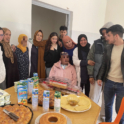Maryame has taken the lessons learned from her exchange year to make a difference in her community.
STORIES
YES Alumni Grant: Women and Entrepreneurship
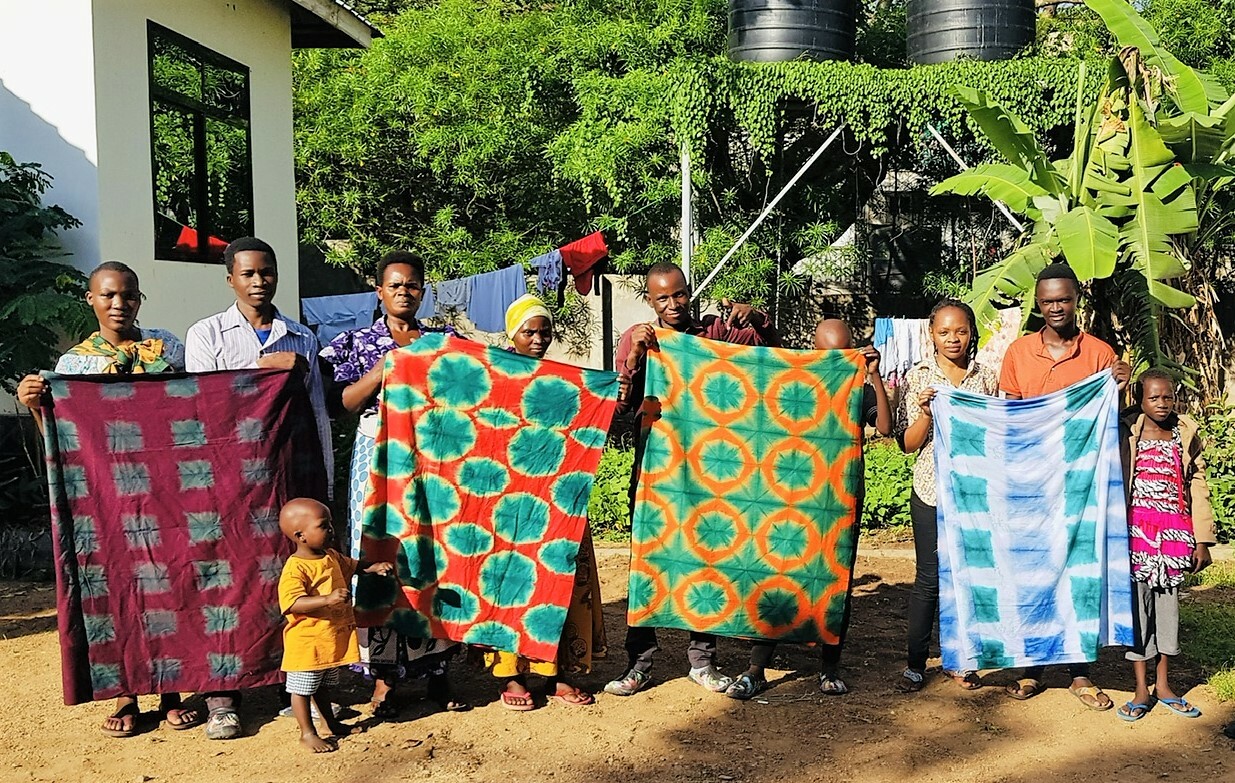
By Eddah Lugala (YES 2013-2014, Tanzania, placed by PAX in Cottonwood, AZ)
The YES program opened my eyes to female independence and how women and men can be equal contributors, both socially and economically, to family life and society. During the YES program, both of my host parents had jobs and contributed to paying bills, doing household chores, and taking care of the children.
Now I am a recent medical school graduate, currently interning to be a doctor at St. Joseph Mission Hospital. I am also a proud YES alumna. Participating in the YES program and engaging in YES alumni volunteer activities has greatly boosted my self-confidence and my skills in communication, project planning and management, financial management, leadership, and teamwork. And I have used these skills to empower women in my country.
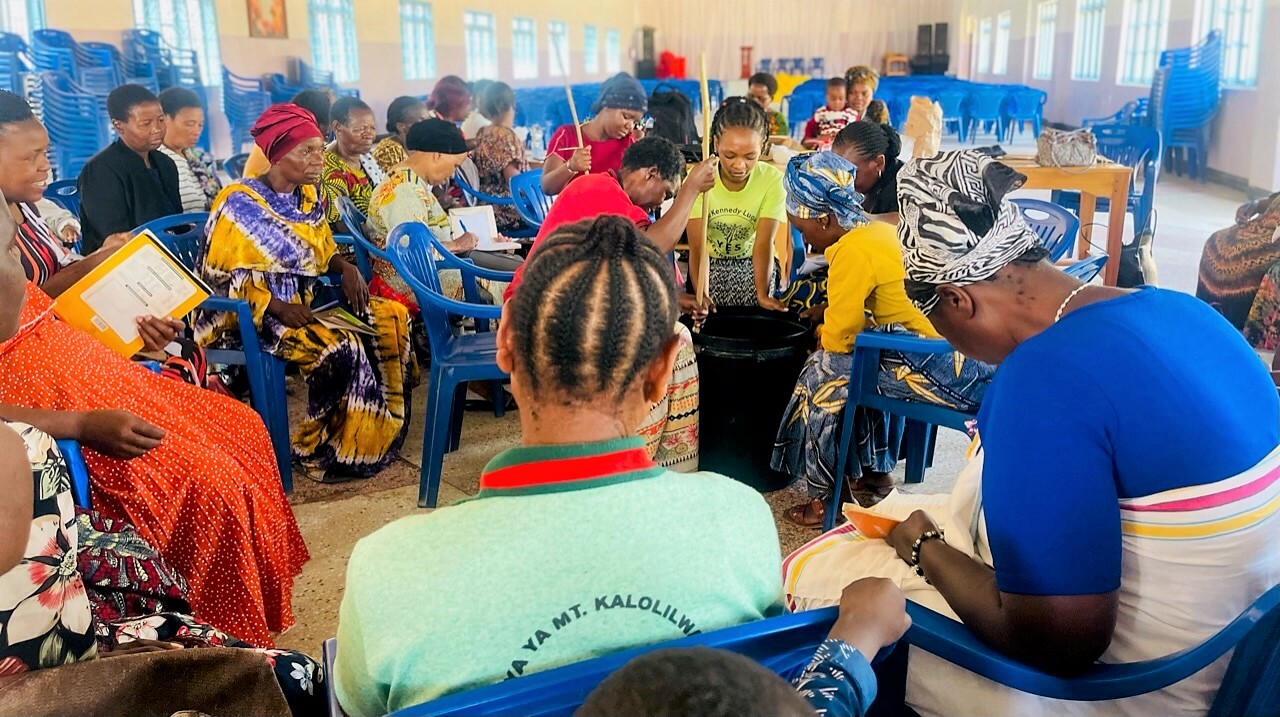
In many rural areas of Africa, women do not have roles beyond being family caretakers, spending all their time taking care of their families and being submissive to their husbands. Often it is only the men who contribute to the family income, which keeps women repressed and prevents the expansion of a family’s economic status.
With the aim to affect change around this issue, my team and I received a 2022 YES Alumni Grant to conduct an entrepreneurship training for 160 women in eight rural villages of Iringa. In each village, we engaged 20 unemployed women in a two-day training on how to make multipurpose liquid soap and the technique of batik for dyeing colorful patterns on cloth.
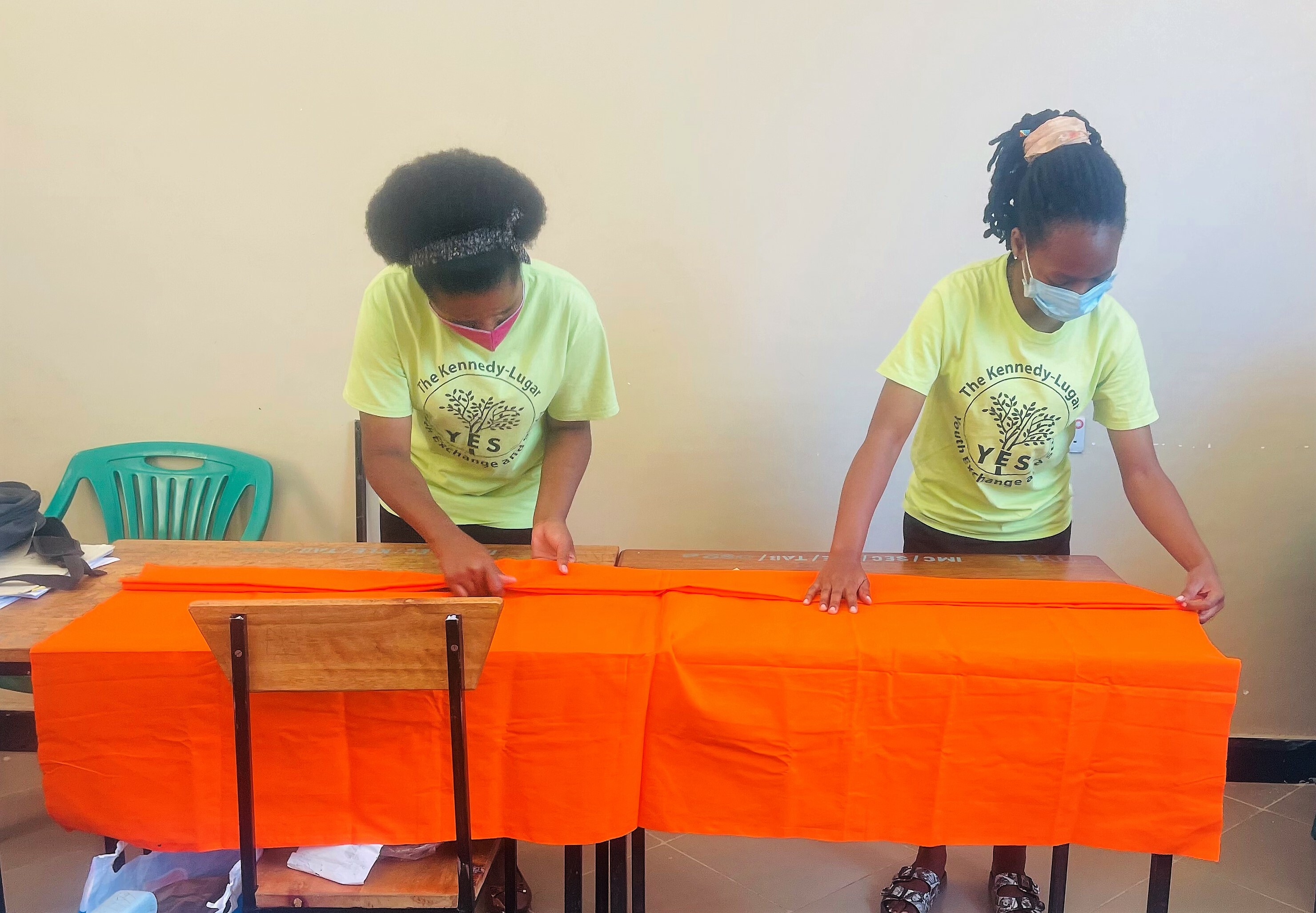
Each woman who attended training signed an agreement to train three more women in their communities, therefore the project also resulted in the training of approximately 480 additional women. Several of the women who attended the training have already started making and selling the soap and batik designs, and they report they are doing very well for themselves and are generating income for their families.
One participant stated, “I have felt very hopeless and helpless for a long time since I had nothing to contribute to my family, but through this training I can now have my own source of income that I can proudly count on.”
Another participant noted, “I am very grateful to this program for sharing this knowledge freely. This will surely boost my economic status. I am a single mother, and I have a family to take care of.”
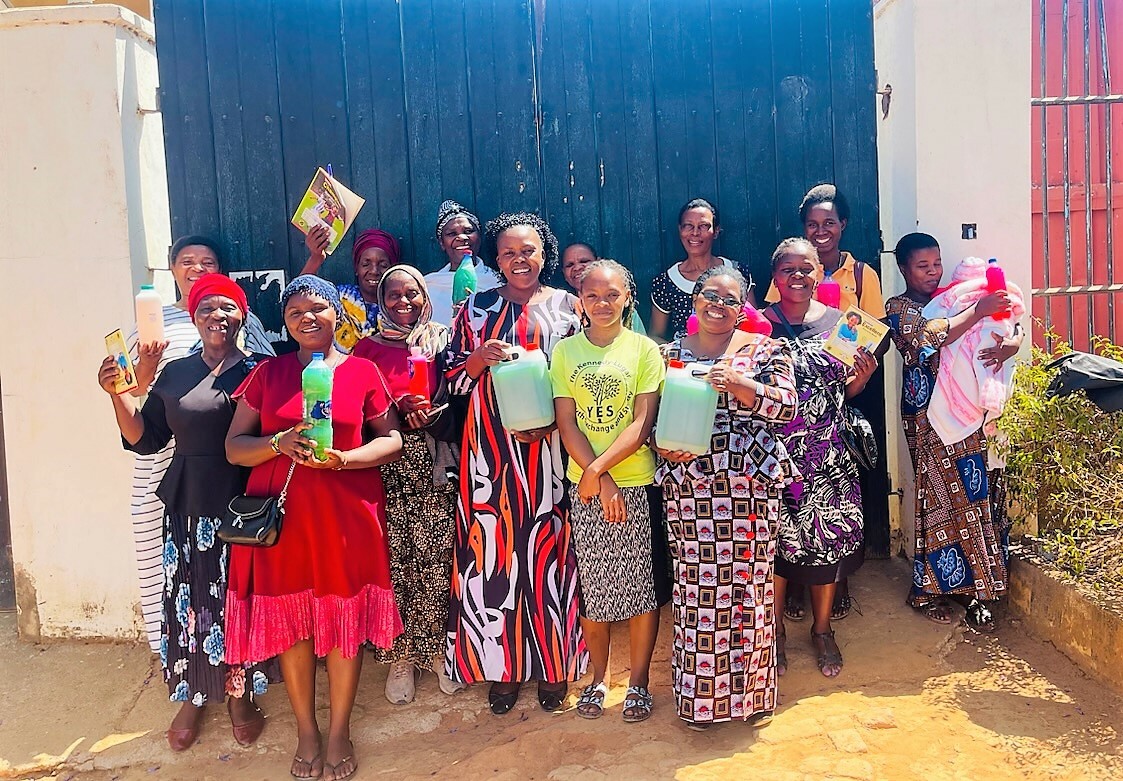
My hope is that the number of unemployed and financially dependent women in these villages decreases as a result of this training and through the participants sharing their knowledge with others. I plan to make periodic visits to each village, where I will assess the number of women using the knowledge they gain and help them develop solutions to any challenges they may be facing.
I am sincerely grateful to the sponsor of YES program: the U.S. Department of State Bureau of Educational and Cultural affairs for making this project possible and successful. I also greatly appreciate my team members, the local government, and the participants for being a vital part of this project’s implementation.


